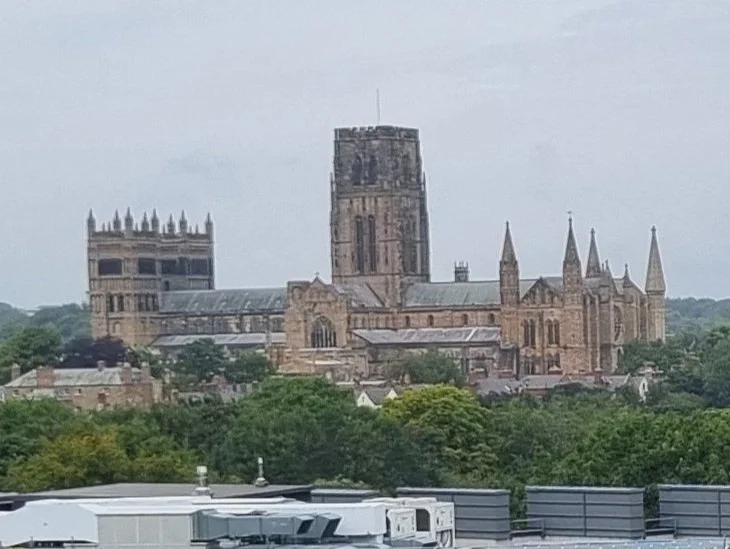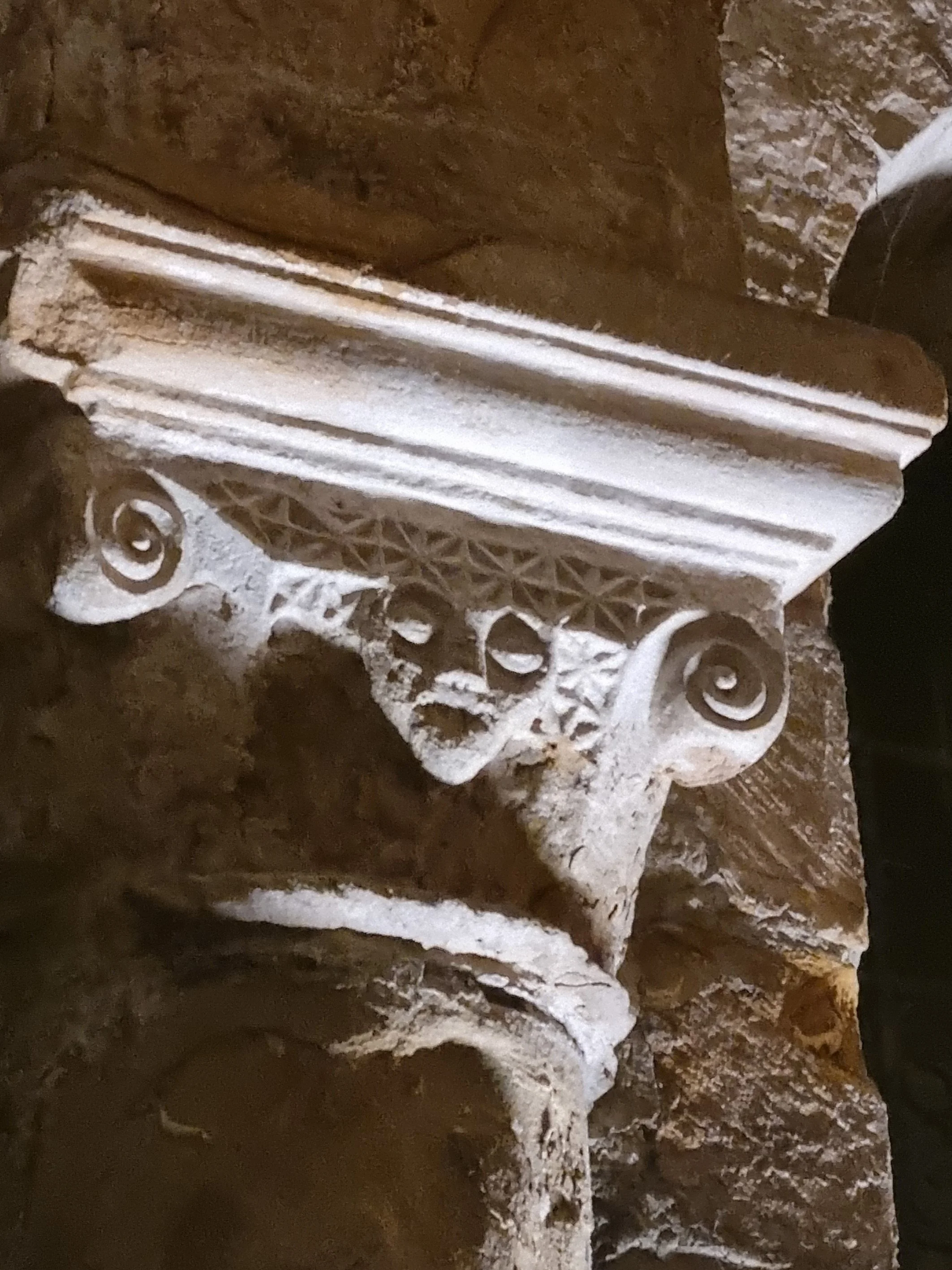Old Durham Town
Durham Catherdral (Source: Author’s own)
Roger Whittaker’s song resonated in my ears as I waited for my taxi opposite the Palace Green in Durham. Leaving after three days that were physically and mentally demanding, you would think I would be happy to leave. Yet, tired as I was, it felt emotional. In those days, I had met a variety of people from all corners of the globe with one thing in common - a genuine love of history and recreating it in fictional writing. It motivated me and filled me with the renewed vigour I would need for the next stage in this journey.
If you will allow me, dear reader, I will share with you, my experience.
Setting out to the Historic Novel Society’s 2022 Conference, I was as you can expect a bag of nerves. This was my first time out post The Great Unpleasantness and I was alone. I need not have worried. From the moment I arrived, the introductions started. Not about the weather as every awkward Brit knows is the traditional ice breaker, but with “What era do you write?”. From Romans to World War Two, I believe I met at least one person representing each era, and for places all over the world. Off the top of my head, they included a Roman who had never been to Rome, and a crossover between Napoleon and Shaka Zulu!
What have these eyes seen in their time? Sculpture from the Norman Chapel at Durham Castle (Source: Author’s own)
My first afternoon included a tour of Durham Castle and Cathedral. Both spectacular buildings in their own right, though vastly different today than in the period of my writing. Still, I was walking where the mighty Prince Bishops once walked. What must Anthony Beck have talked about upon his return from helping Edward defeat Wallace at Falkirk? And what did he think when in 1300 the local gentry turned against him for imprisoning deserting foot soldiers who were sick of Edward’s war with Scotland?
And to think, the Gala meal that evening was held in his Great Hall! There was no better place for sampling the best of Durham University’s catering and for listening to Alice Robinson’s mastery of the Northumberland Pipe.
The conference itself was held in more modern lecture halls and included a mix of keynote speakers, and smaller sessions. Keynotes included Emma Darwin (yes that Darwin), who talked about how a person’s failure at writing historic fiction can be a great learning experience. Eager for her advice, I may have fangirled a little and picked up her book from the booksellers there (a local couple who run a LGBTQ+ focused bookstore; seriously, please check them out!) and got it signed.
Medieval artwork in the Ladies’ Chapel uncovered through Archaeological work at Durham Cathedral (Source: Author’s own)
The smaller sessions were a good mix of writing, publishing and advertising advice. Corolyn Kirby’s talk on a sense of place really resonated with me, as did Christopher Cevaso’s talk on Myth Legends and Faith. While I cannot speak for everyone, I found that in all the sessions I attended, the speakers were welcoming, warm, and willing to answer questions.
Indeed, multiple times, I found myself sat with them, or other experienced writers, during meals or excursions. They kindly overlooked my inept communication skills and freely offered pearls of advice.
For anyone who is aspiring, or just a fan of historic fiction, I highly recommend their conferences.
Until next time, dear reader.
Please note that I have not been given any free products or paid for any of the endorsements I have made in this blog post. They were chosen at my own discretion.


